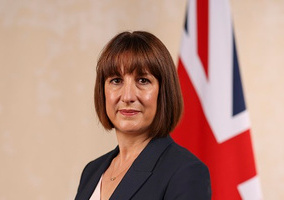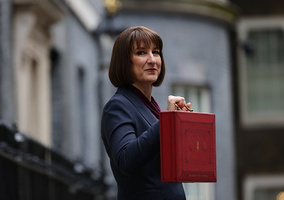Disability charities are set to face an estimated £266m shortfall next year due to increases in employer national insurance contributions (NICs) and minimum wage rates, according to a new survey.
The Voluntary Organisations Disability Group (VODG) commissioned a survey of its over 130 disability charity members, which found that one in three are poised to hand back local government contracts and a quarter are considering redundancies.
Most disability charities (over 60%) that responded to the survey, conducted by consultancy firm Cordis Bright, expect a financial deficit by March 2025.
Many charities will be forced to make redundancies, cut hours or implement a pay freeze for staff, the survey stated, unless the government fully funds or exempts charities from the NICs rise.
Some 24% of charities said that staff cuts were inevitable with 18% considering a pay freeze or reduction in the hourly pay rate for their staff.
Charity umbrella bodies have warned that the NICs rise will cost the sector overall an extra £1.4bn a year but chancellor Rachel Reeves has ruled out any exemptions for voluntary organisations.
Rises set to ‘push charities to the brink’
Rhidian Hughes, VODG chief executive, said: “The recent budget announcements on increased employer national insurance contributions and national living wage present significant challenges for disability services.
“Third-sector providers of frontline services have faced years of underfunding, and these changes are set to push charities to the brink.
“In the next few months, many local authorities will be finalising their proposed funding settlements with providers.
“Increasingly it is looking as if the level of uplift in funding will fall well short of the resources that are needed to ensure that the organisations providing the services do not lose money.
“Disability charities do not want to hand contracts back to local authorities but equally they cannot take on the financial consequences of services which are not adequately funded.
“The government is seeking to stabilise the social care sector in advance of moving forward towards a National Care Service.
“Unfortunately, the results of this survey show that these unfunded and substantial increases in costs will have precisely the reverse effect.
“Given the fragile state of the social care sector both private and not-for-profit, it is hard to see how this will not compound challenges already prevalent within the system.”
‘We cannot let this happen’
Lisa Hopkins, charity SeeAbility chief executive, said: “As a charity we employ close to 1000 staff, so you can imagine the financial impact this national insurance change will have.
“As providers we cannot absorb these costs and as a result, disabled people will go without support, with devastating consequences. We cannot let this happen. Social care is not a problem, an inconvenience, or a financial drain.
“It provides a brilliant opportunity to support people to have ambitious lives. It is a lifeline for so many people, now we need the government to throw people with disabilities a financial lifeline, rethink, and realise the true value and cost of social care.”











